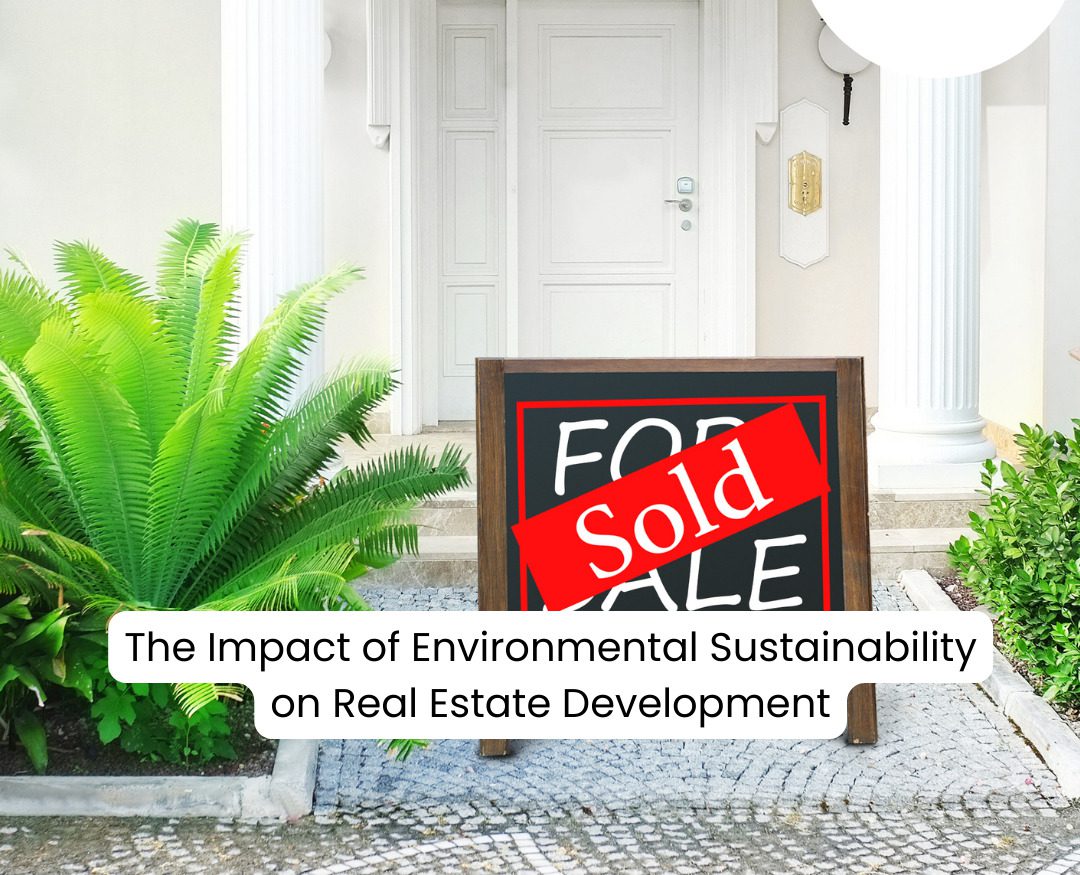Environmental sustainability has emerged as a critical consideration in the real estate industry, transforming the way developers plan, design, and construct properties. As the world faces pressing environmental challenges, such as climate change and resource depletion, real estate development plays a significant role in shaping a greener and more sustainable future. In this article, we will explore the impact of environmental sustainability on real estate development and how it is influencing the industry’s practices and priorities.
Sustainable Design and Construction
Environmental sustainability has driven a shift towards sustainable design and construction practices. Developers are incorporating green building techniques, such as energy-efficient systems, renewable energy sources, and sustainable materials, to minimize the environmental impact of new developments. Sustainable design not only reduces carbon emissions but also enhances the building’s performance and occupant comfort.
Green Certifications and Standards
To promote environmentally conscious practices, several green building certifications and standards have been introduced. Examples include LEED (Leadership in Energy and Environmental Design) and BREEAM (Building Research Establishment Environmental Assessment Method). These certifications provide benchmarks for sustainable building practices and help developers showcase their commitment to environmental stewardship.
Enhancing Energy Efficiency
Energy consumption in buildings is a significant contributor to greenhouse gas emissions. As a result, developers are prioritizing energy-efficient technologies and smart building systems to minimize energy usage. This includes installing LED lighting, energy-efficient HVAC systems, and smart meters to monitor and optimize energy consumption.
Sustainable Infrastructure and Transportation
Incorporating sustainable infrastructure and transportation solutions is becoming integral to real estate development. Developments are designed with a focus on walkability, access to public transportation, and the provision of cycling infrastructure. These initiatives encourage alternative transportation methods, reducing reliance on single-occupancy vehicles and decreasing carbon emissions.
Waste Reduction and Recycling
Sustainable real estate development aims to minimize waste generation and promote recycling. Developers implement waste reduction strategies during construction and encourage recycling practices within the property to limit the environmental impact.
Conservation of Natural Resources
Preserving natural resources is a core tenet of sustainable real estate development. Developers are increasingly mindful of the local ecosystem and biodiversity. They seek to protect green spaces, wetlands, and natural habitats, incorporating them into the design of the development.
Impact on Property Valuation
Sustainable real estate developments often command higher property valuations and rental rates. Environmentally responsible properties are viewed positively by investors, tenants, and homeowners, making them more attractive in the market. Additionally, energy-efficient buildings can lead to cost savings on utilities, increasing their overall value.
Meeting Customer Demands
Environmental consciousness is becoming a significant consideration for consumers in their decision-making processes. Homebuyers and commercial tenants are increasingly seeking eco-friendly properties that align with their values and contribute to a sustainable lifestyle.
The impact of environmental sustainability on real estate development is profound and transformative. Developers are embracing sustainable design, construction, and operations to create buildings that have a reduced carbon footprint and positively contribute to the environment. As demand for environmentally responsible properties continues to rise, sustainable real estate developments are proving to be not only socially responsible but also financially attractive. By prioritizing environmental sustainability, the real estate industry is paving the way for a greener future and contributing to a more sustainable and resilient planet.



